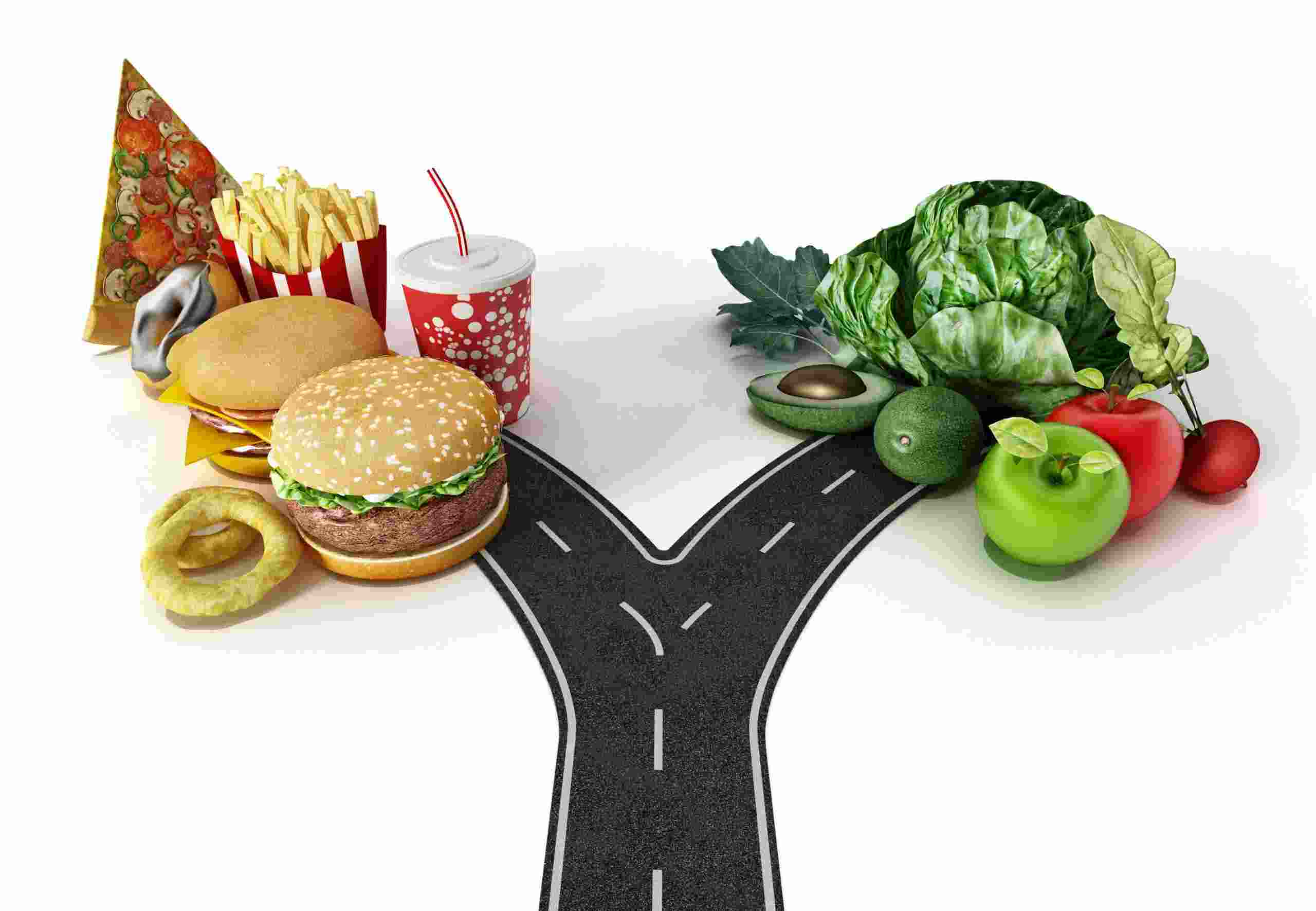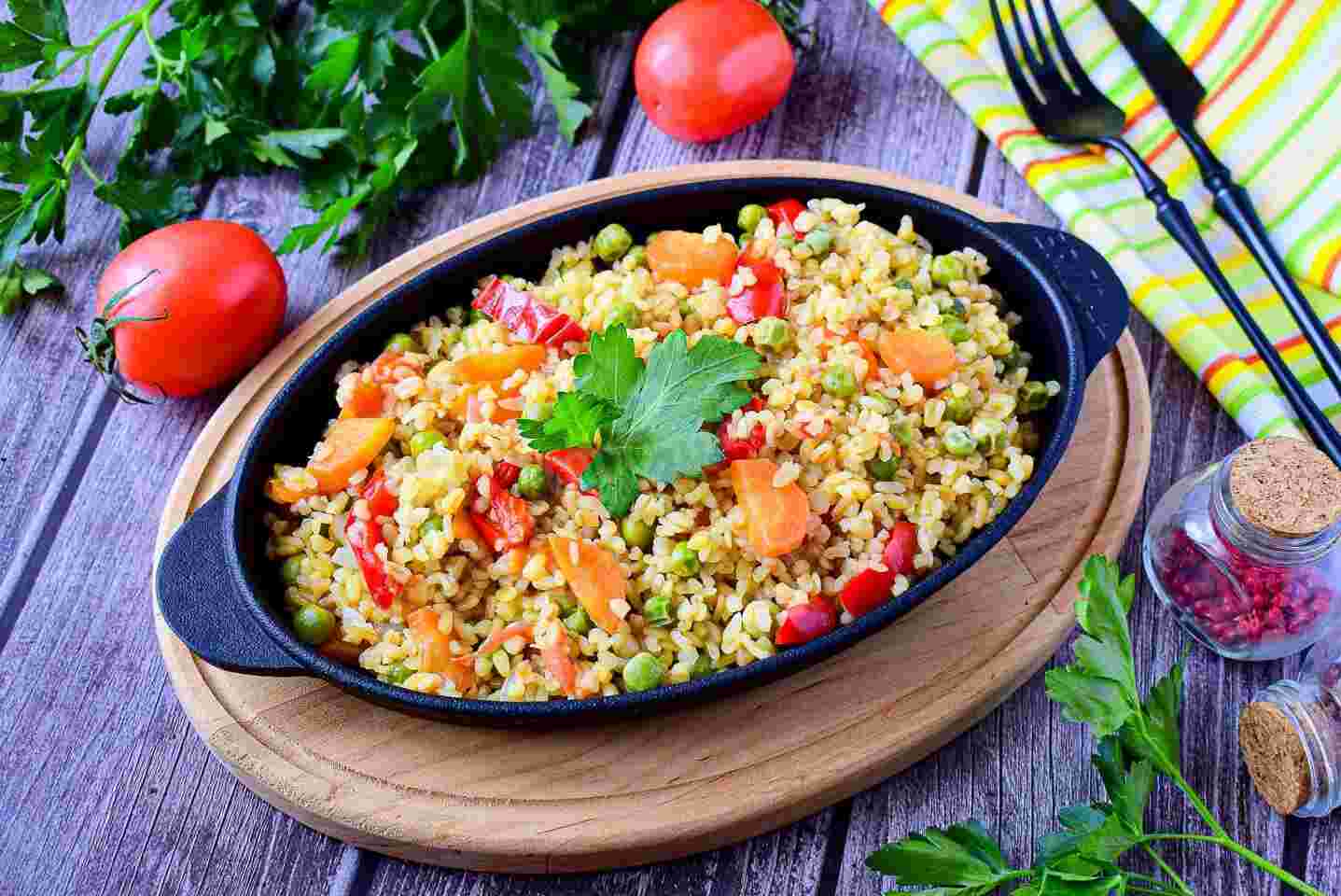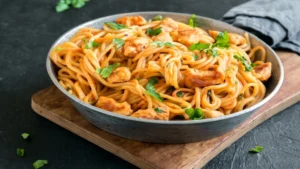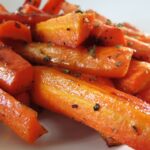Have you ever heard of sole food? It’s a term that might not be familiar, but it’s all about enjoying sole fish! Sole is a flatfish known for its mild flavor and soft texture, making it a favorite in many kitchens. People love cooking with sole because it’s so versatile—whether you bake it, grill it, or pan-fry it, it always turns out delicious.
Not only is sole fish tasty, but it’s also healthy! It’s packed with important nutrients like protein and omega-3 fatty acids, which are great for your heart. In this blog post, we’ll dive into what sole food really is, where it comes from, how to cook it, and why it’s a fantastic choice for your meals. So, let’s explore the world of sole fish and discover how it can add flavor and nutrition to your table!
The Philosophy Behind Sole Food
Sole food promotes a back-to-basics approach to eating. By concentrating on whole foods, you not only elevate your culinary experience but also support sustainable agricultural practices. This philosophy resonates with many who are concerned about health, environmental impact, and food quality.
- Health Benefits: Whole foods are rich in vitamins, minerals, and fiber. They can reduce the risk of chronic diseases, promote weight loss, and improve overall wellness.
- Environmental Impact: Choosing locally sourced ingredients minimizes carbon footprints associated with transportation and supports local economies.
- Culinary Experience: Cooking with simple ingredients allows for creativity and experimentation, leading to unique and delicious meals.
Why Do People Follow a Sole Food Diet
There are a few main reasons someone may adopt a sole food approach to eating:
Health benefits: Some follow sole food believing it will detoxify or heal the body when eaten for a set period. Proponents claim mono eating simplifies digestion and allows nutrients from a healthful whole food to be fully absorbed.
Convenience: Sole foods require minimal planning, shopping and preparation. Adherents appreciate the routine and ease of a single food focus.
Spirituality: Certain religions or spiritual philosophies promote sole food as a means of connecting to nature or demonstrating discipline over desires. Followers see it as a mindful, humble way to nourish themselves.
Cost savings: Relying on a plentiful, inexpensive staple like potatoes keeps grocery bills low. Sole foods may be more accessible than varied, perishable diets for those tight on funds.
However, sole food can limit dietary variety long term. Strict plans omit healthful nutrients found in whole, unprocessed foods eaten together. Social situations become challenging without flexible eating.

What Foods Are Commonly Consumed as Sole Food
Potatoes: Are a standby for their versatility and low cost. Baked, mashed or soups provide carbs, fiber, vitamin C and potassium. Russets, reds and yams vary nutrients.
Rice: Fulfills carbohydrates while being gluten free. Brown rice eaten alone supplies B vitamins, magnesium and fiber vs. polished white rice.
Sweet potatoes: Boast vitamin A from beta carotene plus vitamins C and B6, potassium, copper and manganese. They hold up cooked in multiple dishes.
Apples: Offer fiber, nutrition C and antioxidants. Their filling crunchy texture and natural sweetness promotes fullness.
Beans: Such as lentils pack plant based protein, iron and cholesterol lowering fiber. Canned options provide convenience for minimal effort cooking.

Planning and Preparing Sole Food Meals
To optimally follow a sole food approach, consider:
Meal planning: Map out weekly prep and storage of your sole ingredient. Variety keeps it interesting.
Spice it up : Experiment herbs, spices, fermented foods and sauces to flavor sole meals creatively without extra ingredients.
Cook thoroughly : Proper cooking maximizes nutrients and minimizes anti nutrients in plant foods.
Supplement carefully : Discuss supplementing with a medical professional to address any nutrient deficiencies that may arise.
Stay hydrated : Increase water intake as fiber rich plant foods can cause dehydration if not balanced with fluids.
The table below offers sample weekly sole food meal plans using potatoes as the focus:
| Day | Meal Idea |
| Monday | Baked potatoes with herbs |
| Tuesday | Mashed potato soup |
| Wednesday | Roasted potato wedges |
| Thursday | Potato leek gratin |
| Friday | Potato salad |
| Saturday | Stuffed baked potatoes |
| Sunday | Potato pancakes |
Is Sole Food Healthy or Sustainable Long Term
When planned and implemented properly, short term or periodic sole food diets may support health goals like detoxing or resetting eating habits. However, long term adherence comes with risks:
Potential deficiencies : Restrictive diets risk missing out on vitamins, minerals and other trace nutrients found together in varied, whole foods.
Nutrient imbalances : Consuming predominantly carbs, fiber or other components from a sole food may hinder absorption of companion nutrients over many meals.
Boredom factor : Monotonous eating potentially undermines compliance as our taste buds and minds crave more variety.
Social considerations : Participating fully in community events becomes difficult without adaptable eating.
For these reasons, most nutrition experts do not recommend indefinite sole food as a balanced, sustainable way of nourishing the body and soul in the long run. But used judiciously with caution, it can fit some lifestyles and philosophies.

Frequently Ask Questions
Is it nutritionally complete to rely on one food long term?
No, the item mentions that lengthy term sole food diets hazard lacking out on vital vitamins, minerals and different vitamins observed when consuming a diffusion of entire foods together. it may lead to deficiencies or nutrient imbalances over time.
What health issues could result from long term sole eating?
Potential deficiencies in important vitamins and minerals could over time lead to health issues like anemia, fatigue, weakened bones or immune system, etc. since the diet lacks variety.
How long is a sole food diet generally recommended for?
The article suggests that short term or periodic sole food diets of limited duration, say 1 to 2 weeks, under medical supervision may provide benefits like detoxing or resetting eating habits. But long term adherence carries too many risks.
Can sole eating support weight loss or other health goals?
Possibly in the short term by simplifying digestion and calorie control. But long term the risks of deficiencies likely outweigh any benefits for health or weight goals.
How do you get all nutrients from just one food?
It’s actually not possible to meet all nutrient desires relying on just one food lengthy time period, no matter how nutritious, due to missing companion vitamins observed while ingesting a selection of foods. Dietary supplements may additionally assist cope with a few deficiencies however can not update complete ingredients.
Conclusion
while sole food diets have some benefits when tried periodically or for short durations, the article recommends most will thrive long term on a balanced, whole foods based diet including moderate amounts of plant proteins, healthy fats and carbohydrates from varied, nutrient dense real foods prepared together.
Flexibility, enjoyment and social consideration of eating are important for sustainable healthy lifestyle nourishment.












